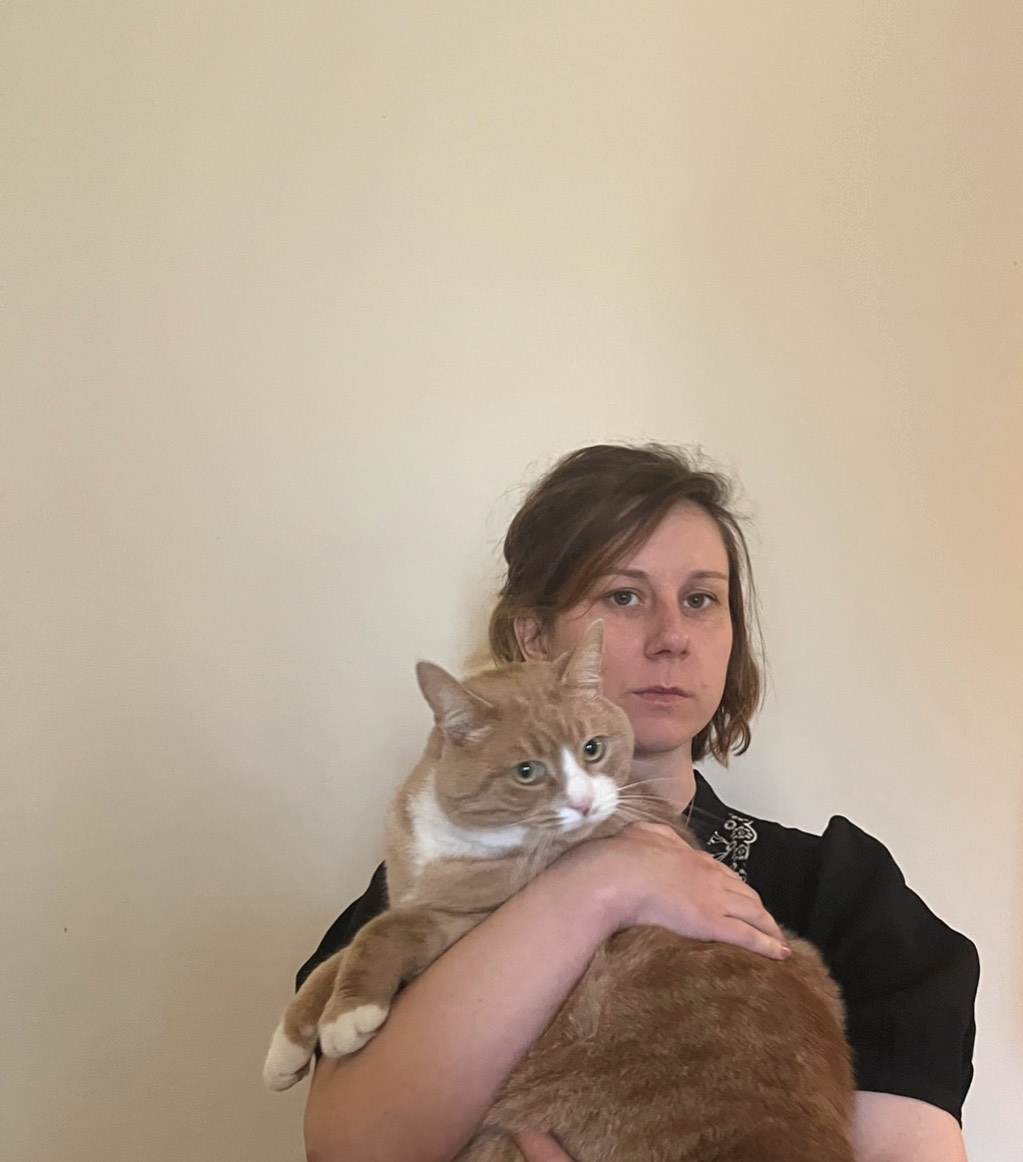Camilla Grudova
Books
Camilla Grudova lives in Edinburgh. She holds a degree in Art History and German from McGill University, Montreal. Her fiction has appeared in The White Review and Granta.
Reviews
One of Britain's best young short story writers... eerie... festers in glorious style... there's nothing vanilla in the dark of the Paradise, and even when the corporate takeover comes, complete with managerial drone, it all feels smooth and unearthly - an allegory for lost stories, youth and time. ― The Telegraph
There's a strange, tortured beauty to Children of Paradise... Grudova has created a magnificently spiky commentary on the detrimental nature of work hierarchies and zero-hours contracts. ― Guardian
Fluent and transporting... utterly enthralling ― TLS
A remarkable and memorable achievement. To combine the gothic, the carnivalesque, the ghastly and the sublime in a relatively slender novel shows considerable talent indeed. ― Scotland on Sunday
What commends Children of Paradise... is the deft hand of an auteur at work. ― Financial Times
Camilla Grudova is Angela Carter's natural inheritor. Her style is effortlessly spare and wonderfully seductive. Read her! Love her! She is sincerely strange - a glittering literary gem in a landscape awash with paste and glue and artificial settings.
― Nicola Barker, author of Darkmans
Grudova understands that the best writing has to pull off the hardest aesthetic trick - it has to be both memorable and fleeting.
― Deborah Levy, author of Hot Milk
It's easy to write what everybody else writes and that's not what Camilla Grudova is doing. ... We need work like this in the world.
― Sinead Gleeson, Arena RTE Radio 1
Fiction
| Publication Details | Notes |
|---|---|
2017 Fitzcarraldo Editions | Surreal, ambitious and exquisitely conceived, The Doll's Alphabet is a collection of stories in the tradition of Angela Carter and Margaret Atwood. Dolls, sewing machines, tinned foods, mirrors, malfunctioning bodies – many images recur in stories that are in turn child-like and naive, grotesque and very dark. In ‘Unstitching’, a feminist revolution takes place. In ‘Waxy’, a factory worker fights to keep hold of her Man in a society where it is frowned upon to be Manless. In ‘Agata's Machine’, two schoolgirls conjure a Pierrot and an angel in a dank attic room. In ‘Notes from a Spider’, a half-man, half-spider finds love in a great European city. By constantly reinventing ways to engage with her obsessions and motifs, Camilla Grudova has come up with a method for storytelling that is highly imaginative, incredibly original, and absolutely discomfiting. |
2022 Atlantic Books | When Holly applies for a job at the Paradise – one of the city’s oldest cinemas, squashed into the ground floor of a block of flats – she thinks it will be like any other shift work. She cleans toilets, sweeps popcorn, avoids the belligerent old owner, Iris, and is ignored by her aloof but tight-knit colleagues who seem as much a part of the building as its fraying carpets and endless dirt. Dreadful, lonely weeks pass while she longs for their approval, a silent voyeur. So when she finally gains the trust of this cryptic band of oddballs, Holly transforms from silent drudge to rebellious insider and gradually she too becomes part of the Paradise – unearthing its secrets, learning its history and haunting its corridors after hours with the other ushers. It is no surprise when violence strikes, tempers change and the group, eyes still affixed to the screen, starts to rapidly go awry… |

